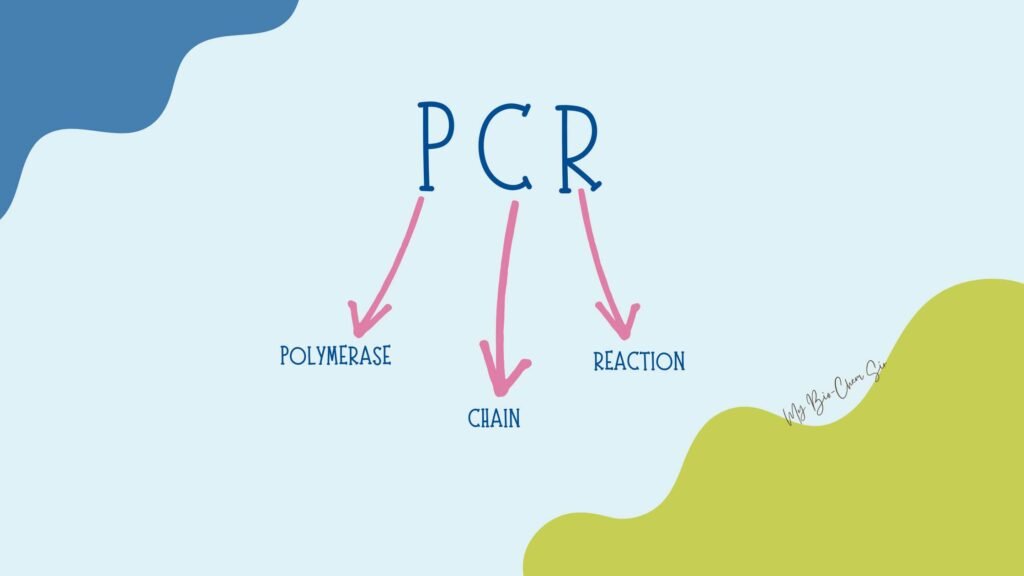Have you ever been complimented on your glowing skin (not beauty), height, or even your active work and behavior? Or perhaps you’ve noticed that your father or mother still has a head of healthy, dense hair? These compliments aren’t just about you—they’re an indication of the incredible genes you carry.
If you’re healthy and disease-resistant, it’s a testament to the strong genetic legacy passed down from your ancestors. Your DNA is a treasure trove of beneficial traits, a gift from those who came before you. So, when someone admires your qualities, they’re also celebrating the remarkable genetic heritage handed down through generations.
From Family History to Genetic Solutions
When you visit a doctor, it’s common for them to ask if any of your family members have experienced similar health issues. This is because certain “bad genes” can be inherited from your ancestors. These aren’t genes that cause hair loss or dull skin, but rather those that can lead to severe, life-threatening diseases.
However, thanks to advancements in genetic engineering, gene therapy, and the CRISPR method, we now have powerful tools to combat these genetic disorders. These technologies enhance our ability to treat and potentially cure diseases, offering hope for a healthier, more normal life for those affected.
Epigenetics: Switching Genes On and Off
Epigenetics is a fascinating field that explores how certain compounds, known as epigenome compounds, can switch our genes on or off without altering the DNA sequence itself. These compounds attach to our genes and influence their expression, effectively turning some genes on or off.
Scientists believe that a healthy diet rich in nutrients can help silence disease-causing genes by providing these epigenetic compounds to the body. Additionally, proper sleep, meditation, physical activity, and maintaining good gut health are crucial in turning harmful genes into beneficial ones by silencing those that cause diseases.
Lifestyle Choices: Their Role in Gene Expression
In essence, by making mindful lifestyle choices, we can positively influence our gene expression and overall health. Living a stressful lifestyle, dealing with restless work, and battling hypertension can take a toll on your health. When you add in factors like taking medication without a prescription, smoking, alcohol consumption, and poor hygiene, it can cause bad genes to become more active, leading to diseases that could otherwise be easily managed. Living a certain lifestyle can activate epigenomic compounds that switch off beneficial genes in our bodies, leading to various health issues.
Additionally, genetic mutations in otherwise healthy genes can give rise to new genetic diseases. Beneficial genes may not remain beneficial if they mutate. These mutated genes may become the cause of cancer cells or genetic disorders that can be harmful for future generations.
The Power to Influence Our Genes
While we can’t change the genes we inherit, we do have the power to influence how they behave. The idea that our lifestyle choices can activate or silence certain genes puts the control back in our hands.
By embracing healthy habits, reducing stress, eating nutrient-rich foods, and avoiding harmful substances, we can not only protect ourselves from activating “bad genes” but also encourage beneficial ones to thrive. It’s a reminder that while our genetic blueprint comes from our ancestors, the way we live our lives determines how that blueprint is expressed. Every positive choice you make today can shape a healthier tomorrow, not just for yourself, but for future generations.
Your genes may set the stage, but you can try to write the healthy story.


